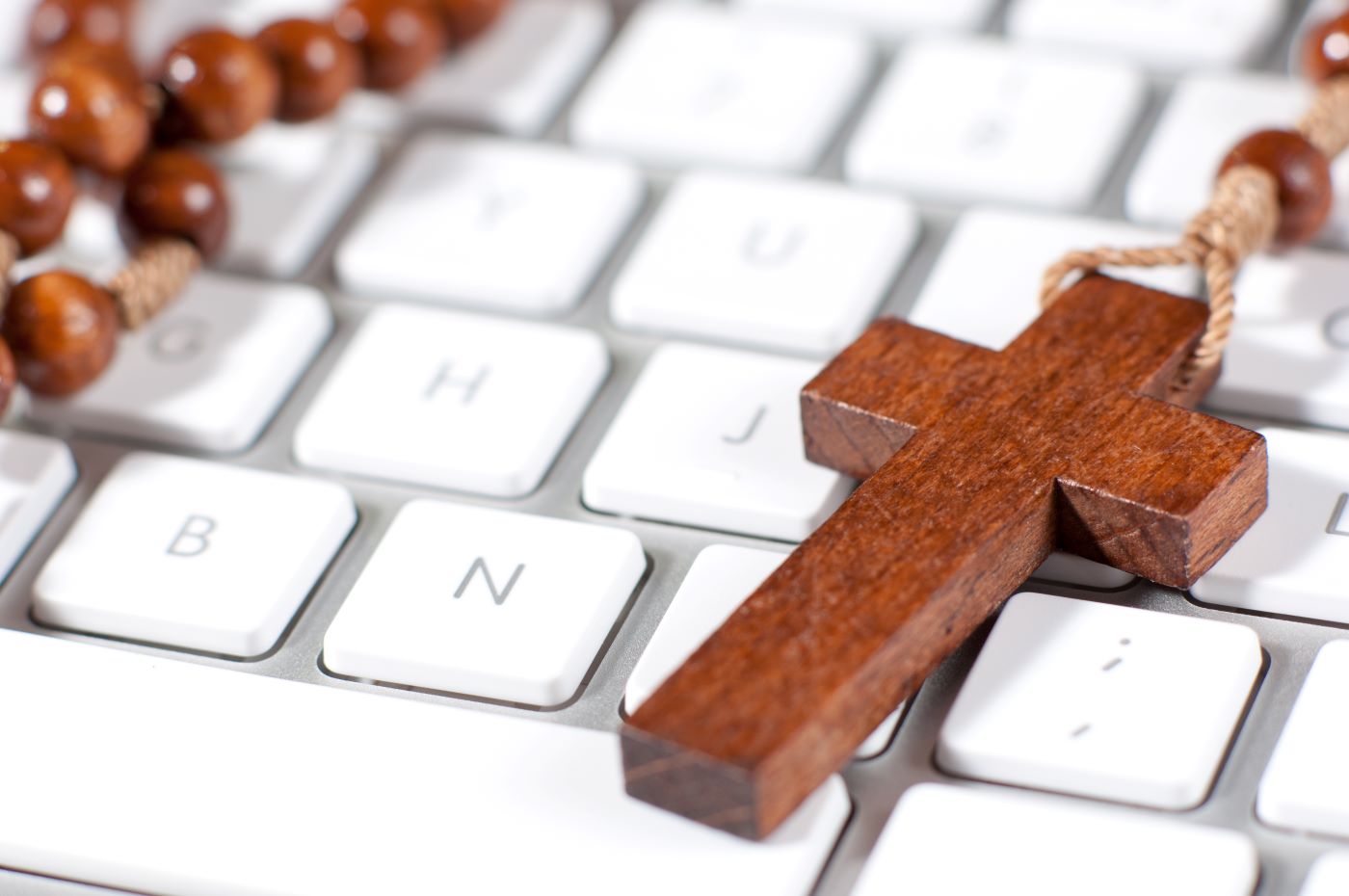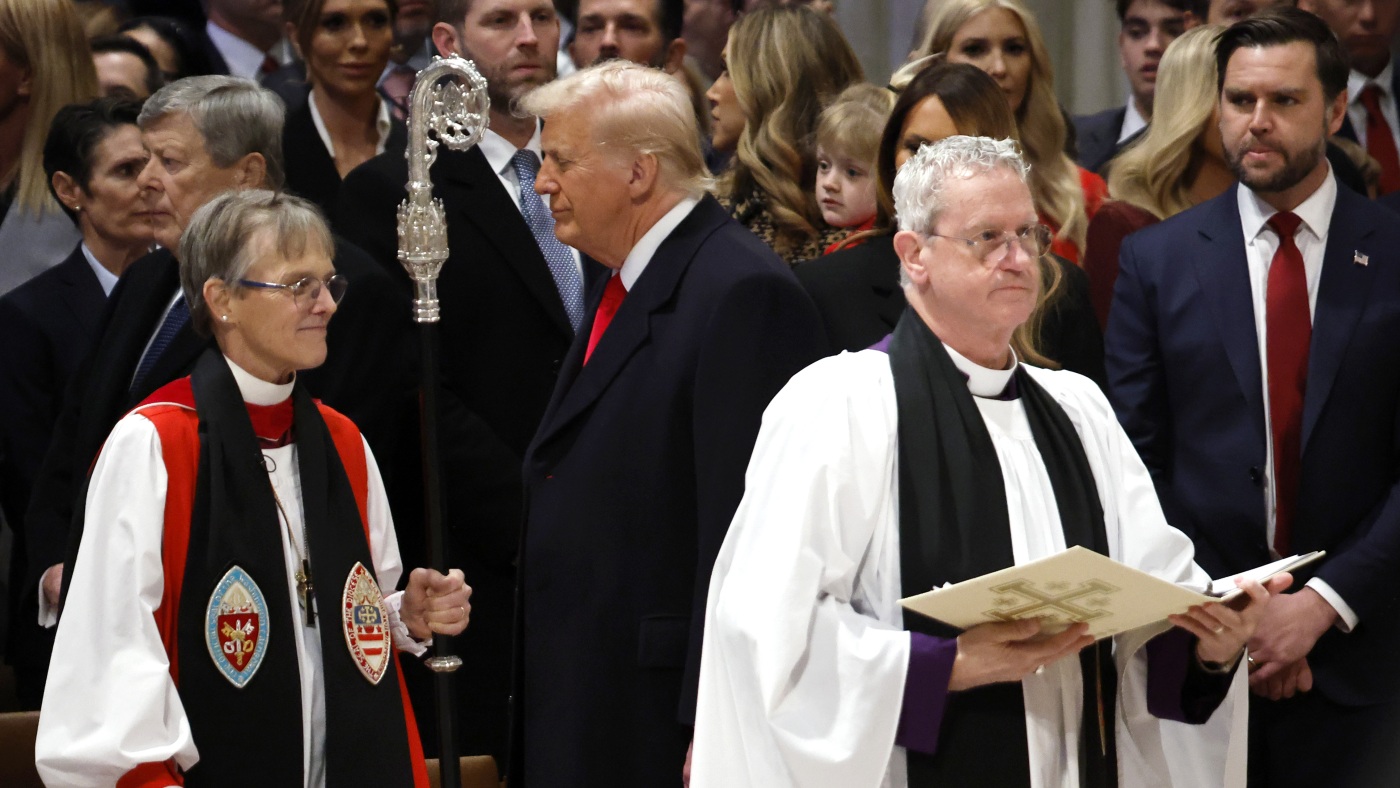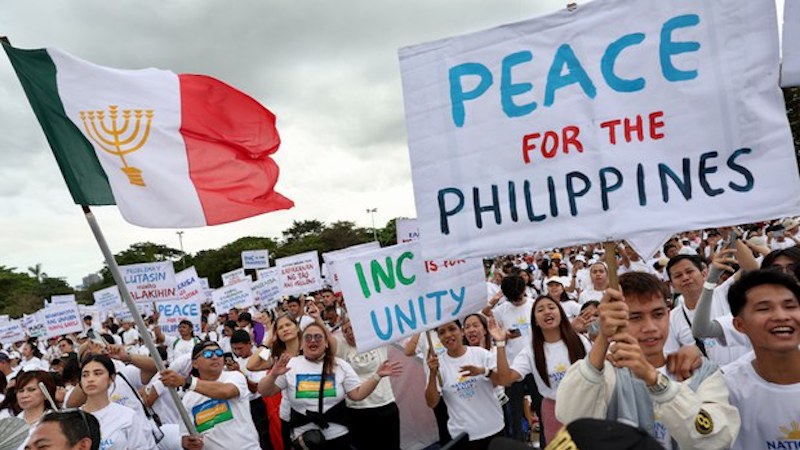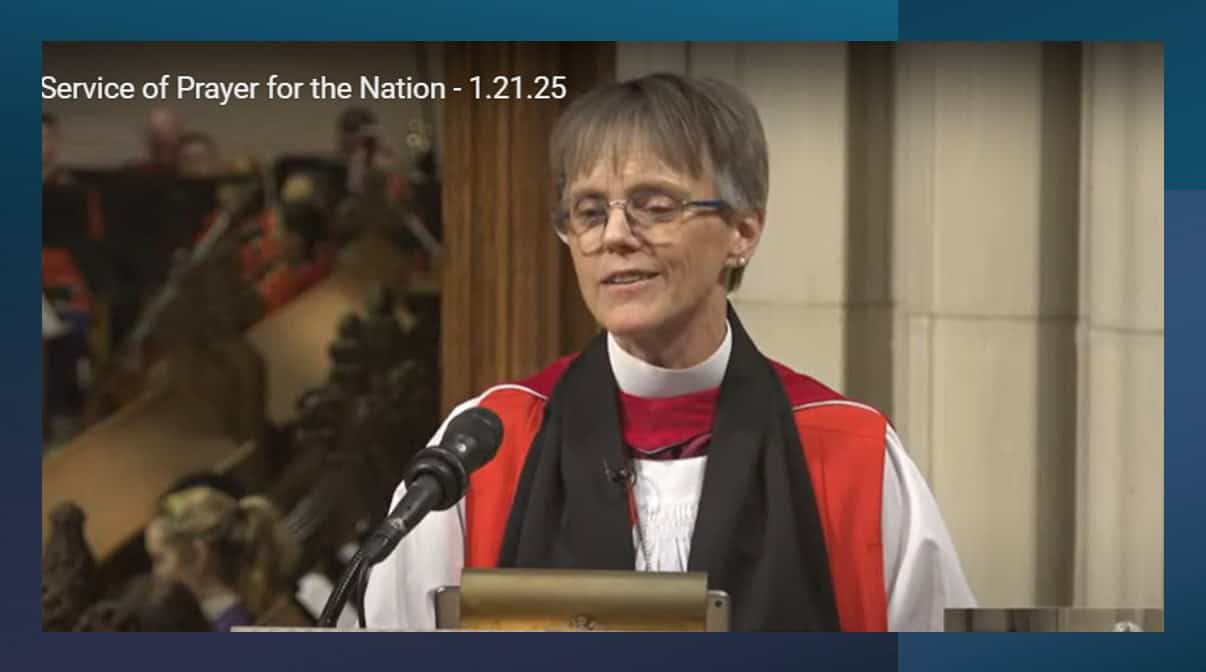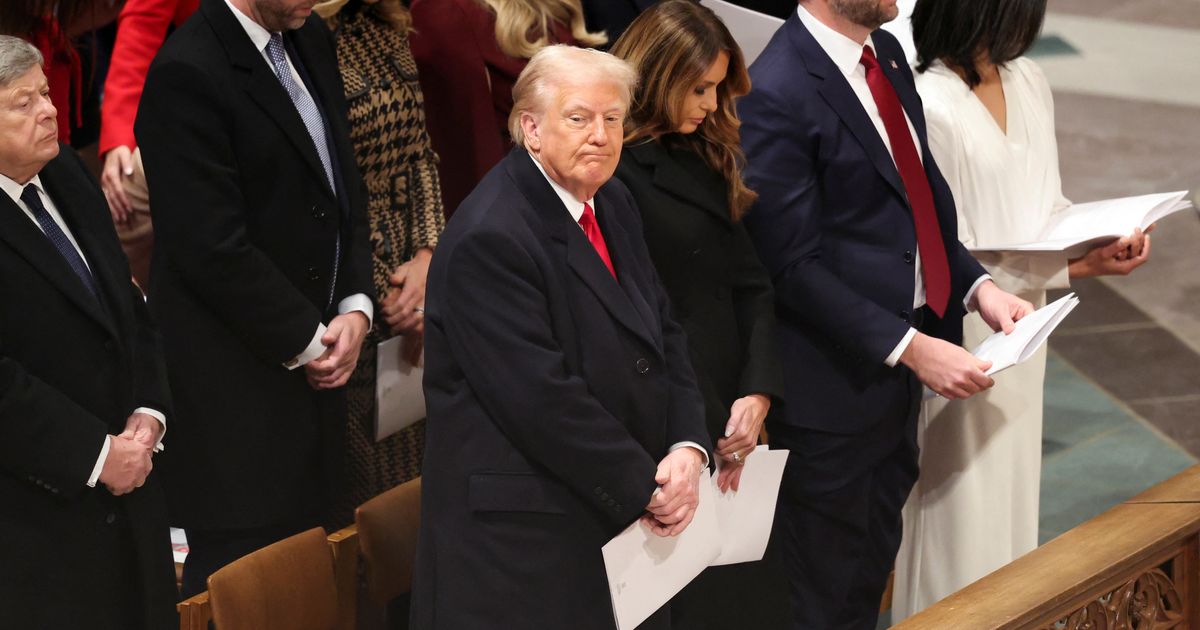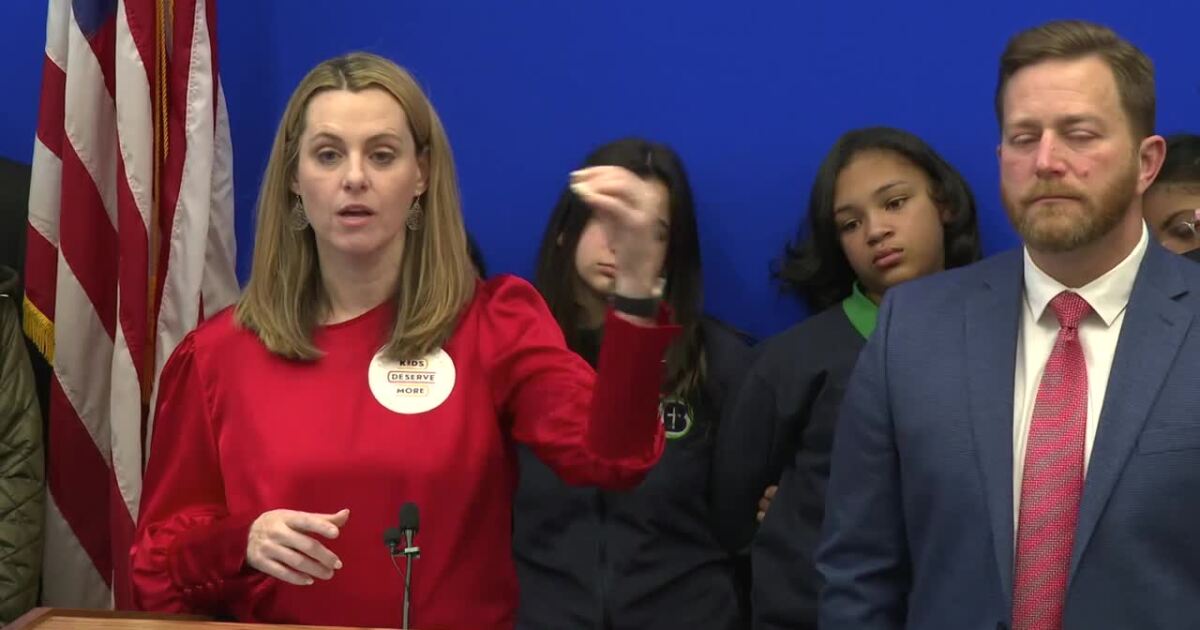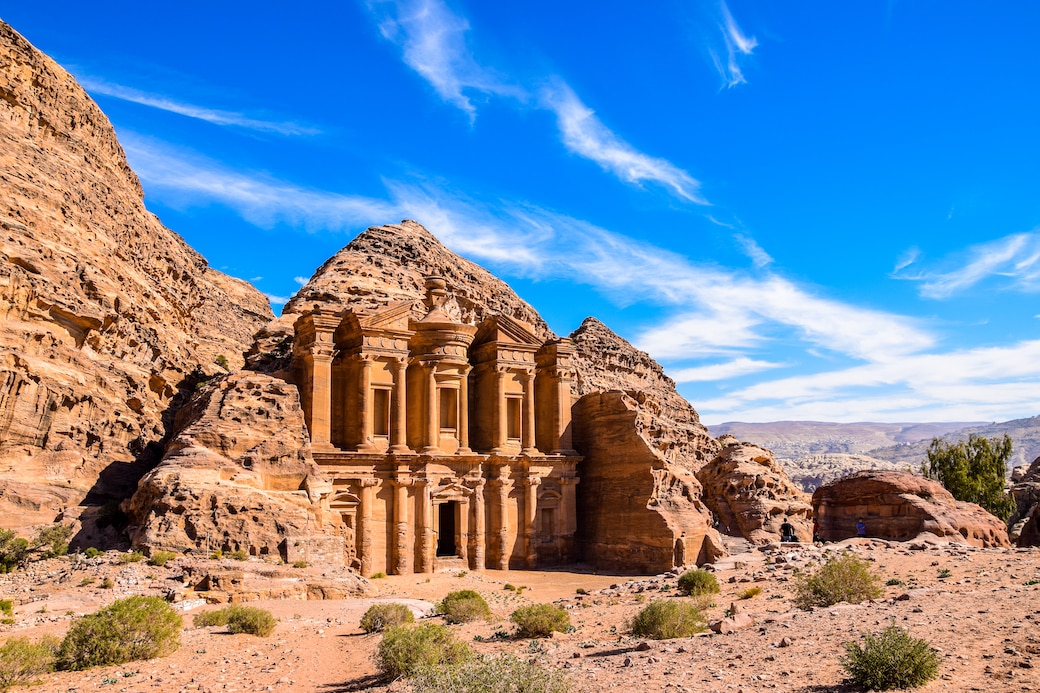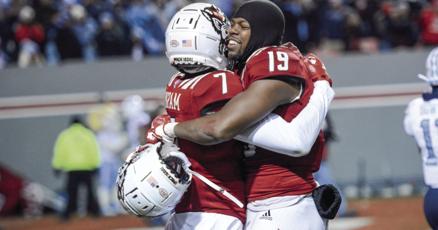
Beyond the Scoreboard: How Sports Became America's Newest Faith
Beyond the Scoreboard: How Sports Transcend Competition Sports are far more than just a game of wins and losses. They are a powerful force that brings people together, inspires hope, and transforms lives. As someone who has experienced the profound impact of athletics firsthand, I've come to understand that sports are a universal language that speaks to the human spirit. From neighborhood pickup games to international championships, sports have an incredible ability to unite people across diverse backgrounds, cultures, and experiences. They break down barriers, create connections, and remind us of our shared humanity. Whether you're cheering in a packed stadium or playing in a local park, sports have a unique way of creating moments of pure joy and collective excitement. My personal journey has been shaped by the lessons learned through athletics - teamwork, resilience, discipline, and the importance of pushing beyond perceived limitations. Sports teach us that success isn't just about winning, but about personal growth, dedication, and the courage to keep moving forward, even when challenges seem insurmountable. More than just physical competition, sports are a beacon of positivity that can heal, inspire, and transform communities. They provide hope, build character, and create lasting memories that extend far beyond the playing field.


